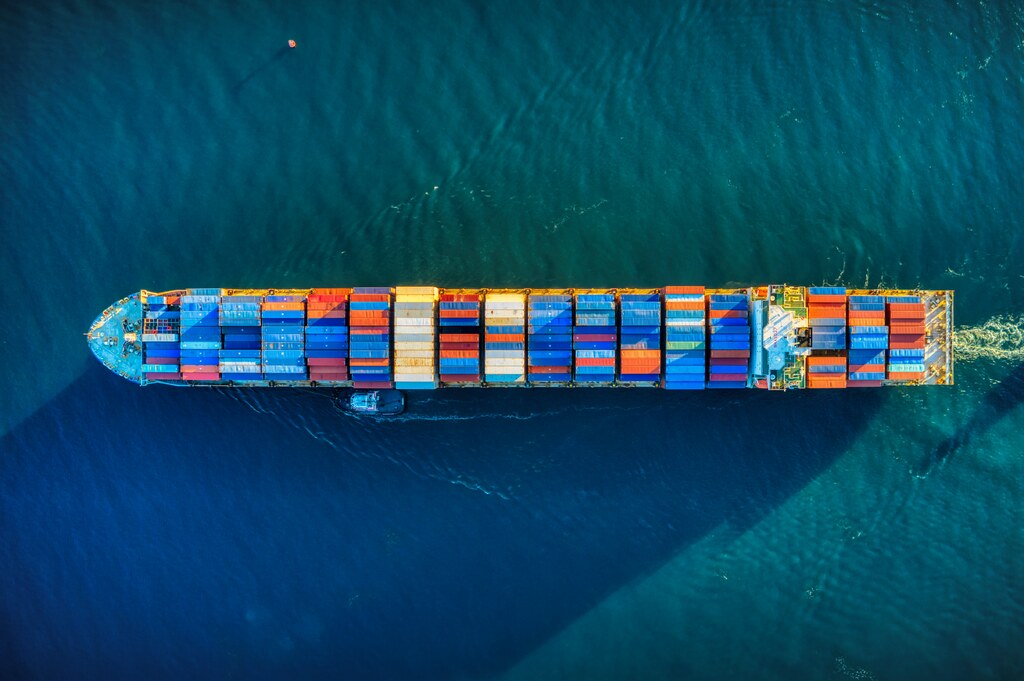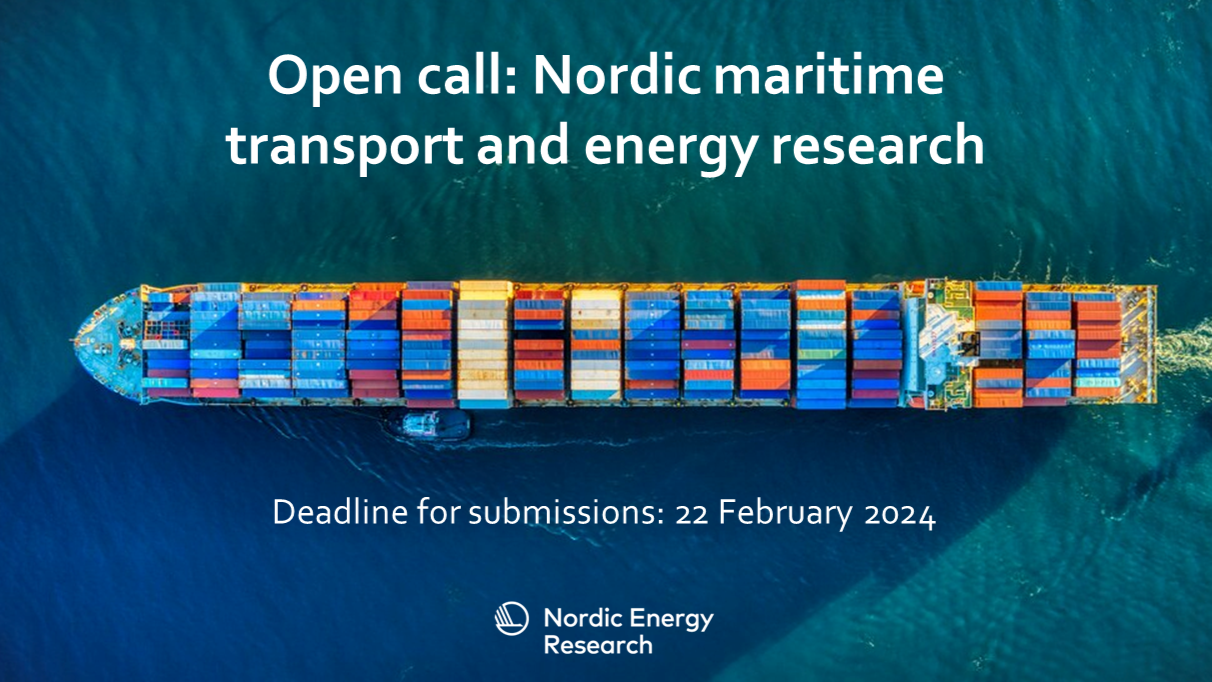
Open call for Nordic maritime transport and energy research
Transport – especially maritime transport – is considered a hard-to-abate sector. The Nordic countries have a strong presence in the maritime field and hold extensive national maritime research programmes focusing…
Transport – especially maritime transport – is considered a hard-to-abate sector. The Nordic countries have a strong presence in the maritime field and hold extensive national maritime research programmes focusing on different national challenges that represent complementary Nordic competencies. Three recently finalised funded research consortia have underlined that the Nordic countries can gain a lot of value from bringing research experts together to discover innovative solutions.
Consequently, a second call is now open for applications under the Nordic Maritime Transport and Energy Research Programme. The new programme period will continue to add Nordic value and unleash synergies from working together on the challenges ahead for transitioning maritime transport.
The deadline for applications is 22 February 2024, and applicants from Sweden, Iceland, and the Faroe Islands are eligible for funding. Consortium partners from other Nordic countries are also welcome to apply, but must bring their own resources and finances to the project.
Read the full call text and apply here

Thematic scope
For this second call, Nordic Energy Research welcomes proposals that place attention on topics within the thematic scope, namely alternative fuels and propulsion systems (energy vectors), infrastructures, and maritime solutions that contribute to low- or non-carbon impact as well as reduce other emissions from the maritime sector.
The call addresses the following topics:
- Concepts utilizing hydrogen, ammonia or other fuels based on green or blue hydrogen
- Projects utilizing biofuels
- Fully battery-electric concepts
- Concepts focusing on ship design and/or energy efficiency onboard ships
- Development of safety measures and standards for the introduction of alternative fuels and new ship designs
- Supply chain and/or bunkering infrastructure in ports
Information webinar
A webinar will be held on Friday, 12 January 2024 at 13:00–14:30 CET, where you will hear more about the call, the application process, and are welcome to ask questions.

